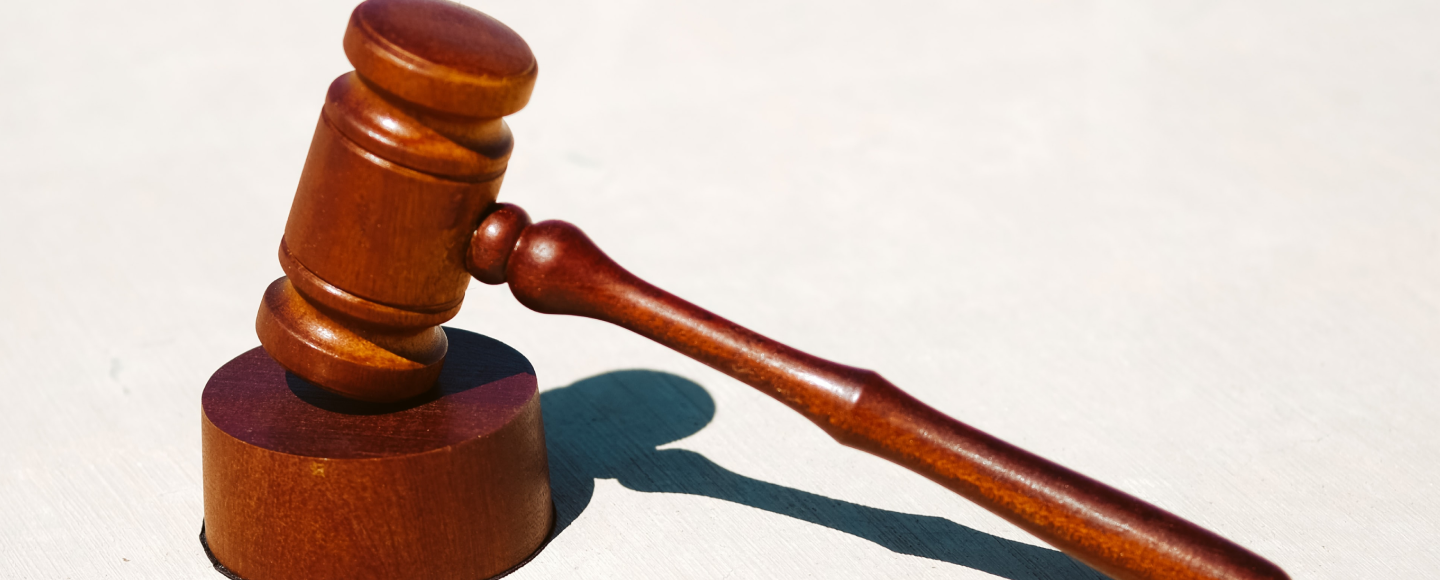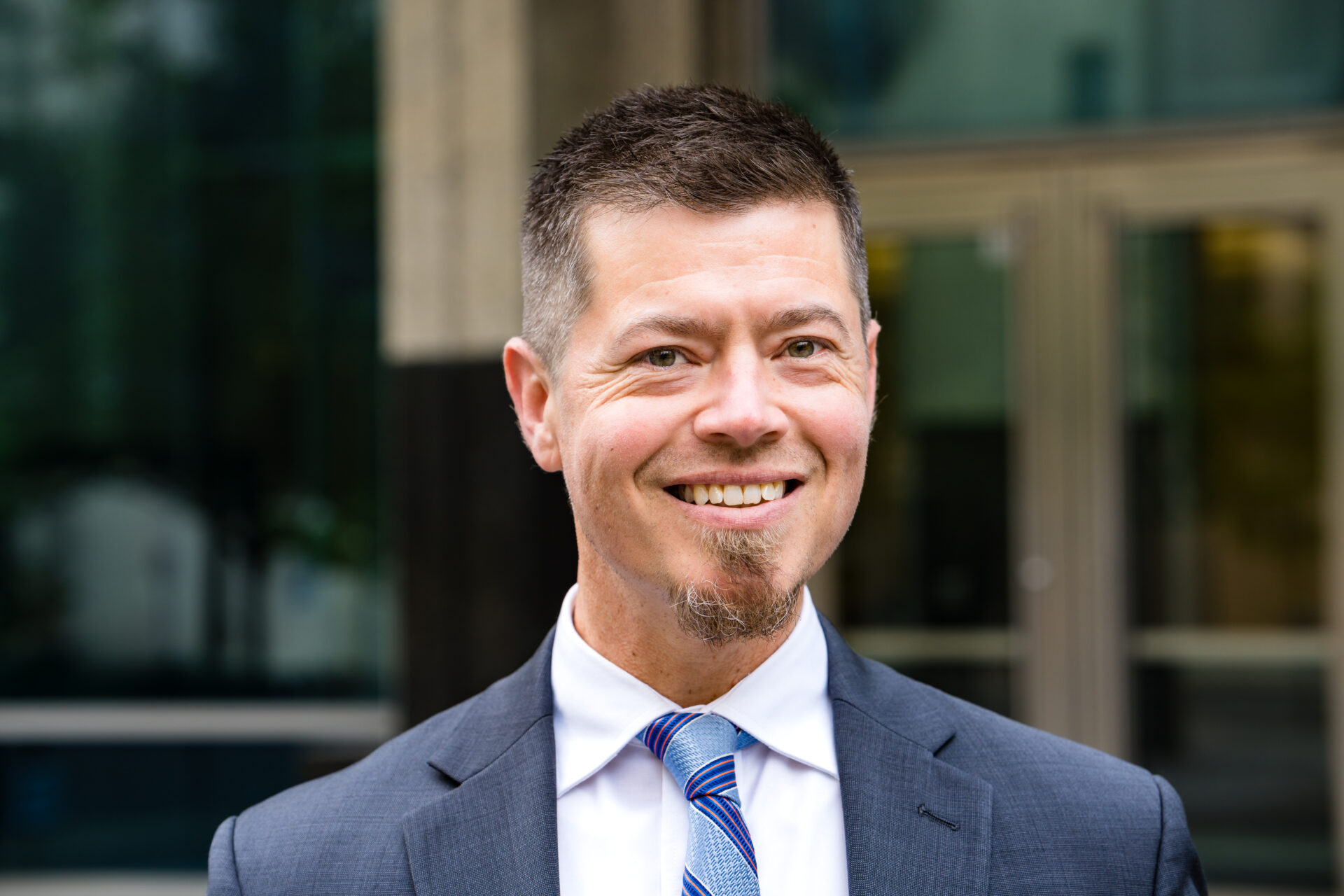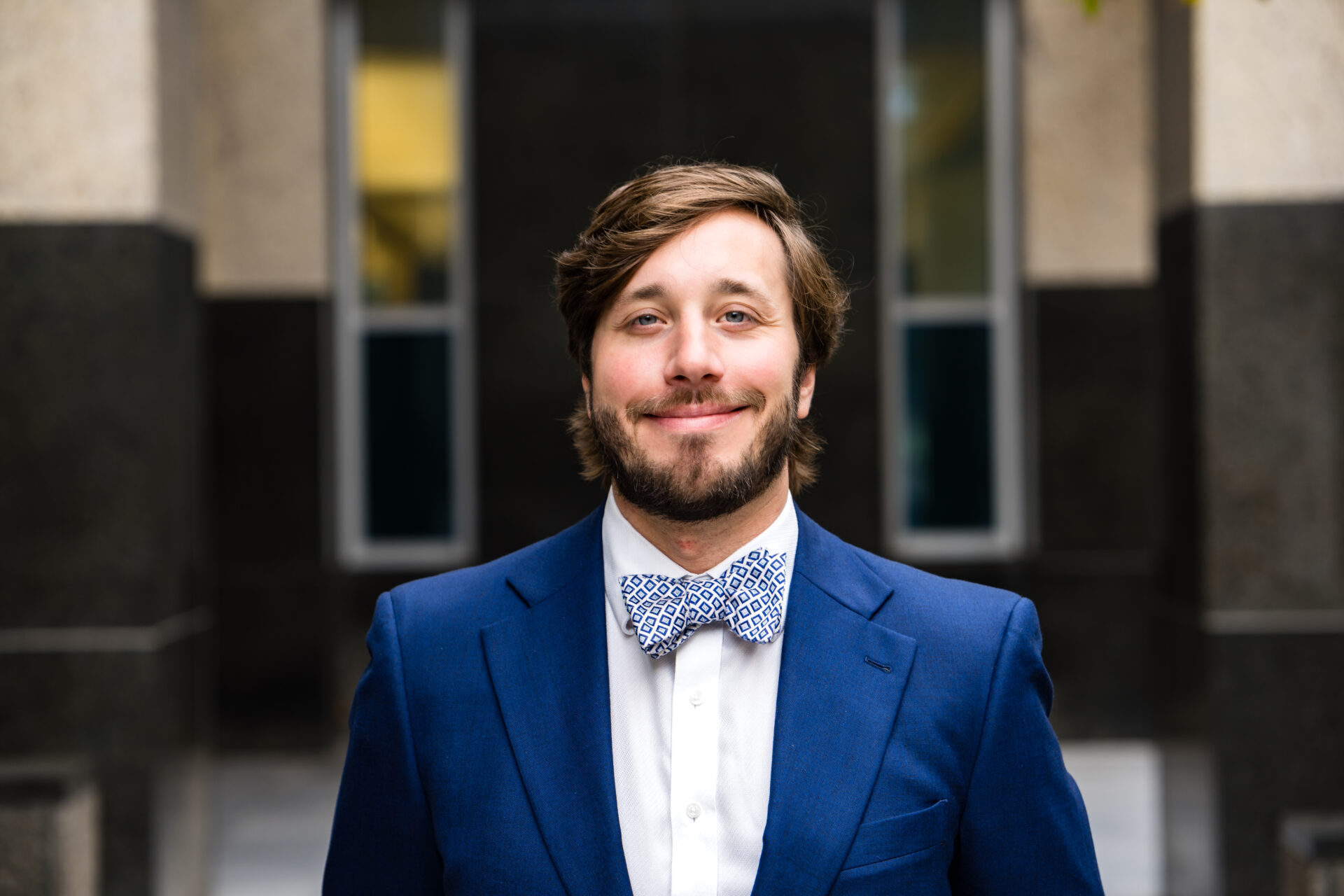Eventually North Carolina will catch up with the more enlightened states where the dark age of marijuana prohibition has come to a close, but until that day, we have entered a new frontier with respect to your rights as a citizen when you are suspected of marijuana-related crimes. Why? Because the government and its uniformed foot soldiers can no longer tell the difference between a legal plant and the illegal one they want to charge you with.
Take a look at the graphic above. Can you tell which image portrays the 100% legal hemp buds with 0.3% or less THC, and which portrays the legendary OG Kush strain of hybrid Indica/Sativa cannabis with a THC concentration consistently measuring between 20 and 25%?
Tough call? You’re not alone, and it turns out the cops can’t tell either. And so we have entered a new age when it comes to defending marijuana cases in North Carolina state courts. Because it’s no longer a crime to travel around with a sack full of sticky buds, as long as the THC concentration is at or below 0.3%. According to our legislature, Industrial Hemp is defined as follows:
§ 106-568.51(7) Industrial hemp. – All parts and varieties of the plant Cannabis sativa (L.), cultivated or possessed by a grower licensed by the Commission, whether growing or not, that contain a delta-9 tetrahydrocannabinol concentration of not more than three-tenths of one percent (0.3%) on a dry weight basis.
That is to say, the only difference between the legal version and the illegal version is the chemical composition, which can’t be detected by the naked eye — nor can it be detected by any available field test. If you’re savvy you might be able to tell the difference between one strain and another, but even Snoop Dogg himself can’t tell you the THC concentration of a particular strain without either testing the medicine, or investing in some lab-grade equipment.
And according to the UNC School of Government, our state law enforcement agencies don’t have the necessary equipment even back at the lab. Only two private labs in the state have the equipment required to measure the chemical composition of the cannabis plant with sufficient precision to determine where it falls with respect to that magic threshold of 0.3% THC.
Will the technology come into the state’s possession eventually? Maybe. But it would be a lot easier to just legalize the stuff and fast-track the $100 million in annual tax revenue into our public schools, but I digress.
And there’s more, before I get too far off topic. Because CBD (or cannabadiol, one of many cannabinoids of the cannabis plant) is legal to consume in North Carolina, and it contains below-threshold levels of THC, the analysts at the SBI lab who test blood evidence find themselves in a similar quandary. Why? Because they can’t distinguish between legally consumed CBD products — which are non-impairing — and the “impairing” strains with higher levels of THC. So if you’re charged with a marijuana-related DWI, the state analyst is going to have to admit that she or he can’t say with any certainty that the THC in your blood came from puffing on that OG Kush or dropping some non-impairing CBD drops you picked up from the end cap at CVS.
So what should you do if you are suspected of possessing, manufacturing, distributing, selling, or trafficking marijuana? Well the first thing you should do is say one word and one word only. That word is “lawyer.”
Just like Jem from The Town:
Here’s a classic real-life example of what you definitely shouldn’t say:
Cop: “Am I going to find anything in the car?”
Joe Blunt Who Wants to Get Convicted of a Crime: “My weed is in the center console. Can you just cut me a break?”
If you do get charged with a marijuana-related crime, give me a call and I’ll fight it to the bitter end.
★★★
Criminal defense lawyer Ben Hiltzheimer is an attorney with offices in Raleigh and Durham, North Carolina, who represents individuals charged with drug offenses of all kinds, including the full spectrum of misdemeanors and felonies from possession to PWISD to trafficking. Contact us for a free, confidential consultation and case evaluation at (919) 899-9404.







